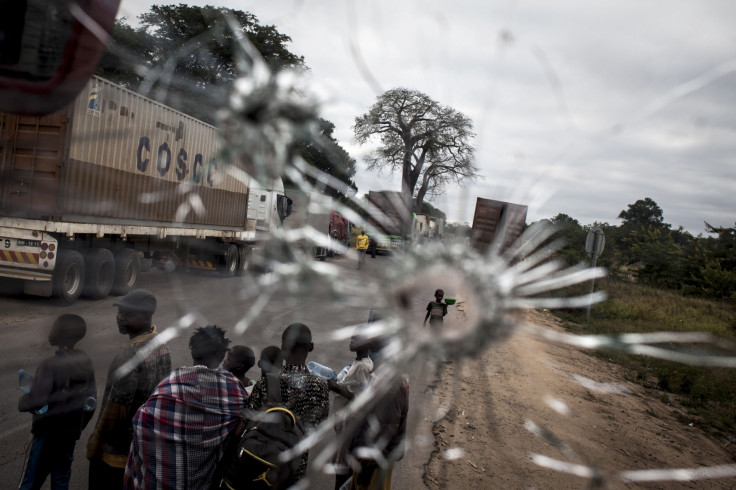Mozambique's civil war guerilla adversaries announce two-month truce extension
Long-standing civil war foes Renamo guerrillas and Frelimo government had agreed to 'new year' ceasefire.

The head of Mozambique's rebel group, Afonso Dhlakama, has announced the extension of the current ceasefire in the country after long-standing civil-war foes the Mozambique National Resistance Movement (Renamo) guerrillas and the Mozambique Liberation Front (Frelimo) government agreed to a new year ceasefire last week.
Almost a quarter century after the end of a 16-year civil war that killed a million people, violence has escalated in the southern African nation, despite the international community's efforts at keeping the peace. Mozambique is one of Africa's fastest-growing economies and the country is looking to escape years of poverty and conflict by tapping into its huge energy resources.
A peace deal held until 2013, but since the middle of 2015, conflict has simmered again and so far an estimated 15,000 Mozambican refugees have fled to government-run camps or neighbouring Malawi and Zimbabwe.
"There were a few small incidents, but the seven day truce went well, so I announce the extension of the truce for 60 days, until 4 March", Dhlakama said on Tuesday morning (3 January) during a phone press conference in Maputo.
This comes a week after Dhlakama and President Filipe Nyusi agreed to a week-long truce "for the Mozambicans to spend the new year's holiday in peace".
In October, Human Rights Watch warned of a growing threat that civilians could become "legitimate targets" in the conflict after Renamo ramped up attacks against a number of villages and facilities, while the government has also been accused of carrying out a number of deadly army operations since October 2015.
For Joseph Hanlon, a journalist and development researcher, who has been chronicling Mozambique since 1978, the provisional truce (trégua provisória) and its extension is a positive step as the leaders also discussed several key issues.
These included the organisation of the next municipal and presidential elections, "in a good environment, which would mean democratising Mozambique".
© Copyright IBTimes 2025. All rights reserved.





















